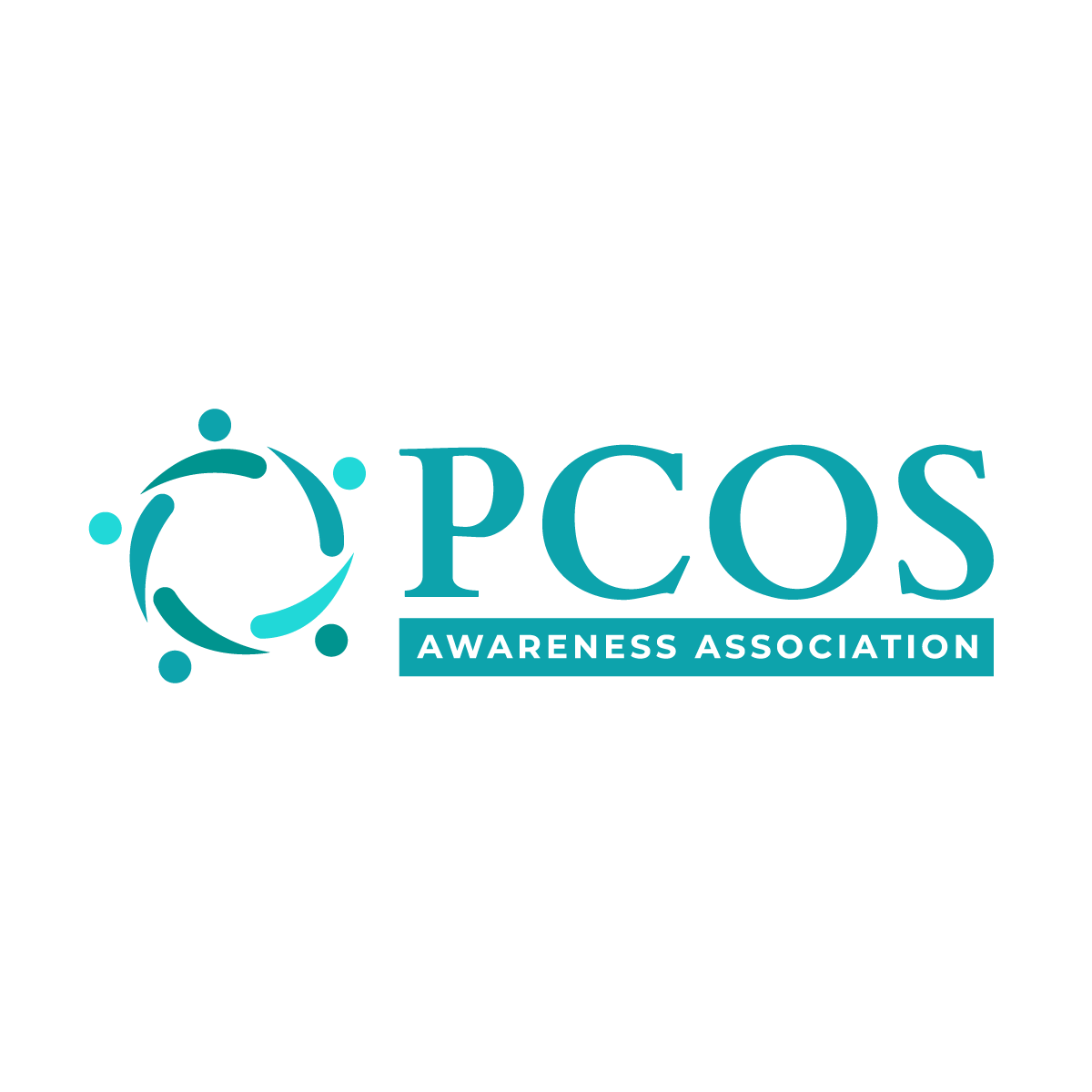What types of health providers understand pcos?
Should You See An Endocrinologist for PCOS?
What Types of Health Providers Understand PCOS?
Should you see an endocrinologist for PCOS? There are different health providers who may diagnose and provide care for PCOS or PCOS-related conditions. People often see more than one health provider for PCOS-related issues, but in some cases, they may only have one provider. These health providers include:
Primary care doctor - This is a good place to start! Go to your primary care doctor armed with questions and concerns you may have. Share your symptoms like missed periods or facial hair. They can start you on the right path to treatment or even recommend a specialist.
Gynecologist - This is a doctor who specializes in women’s health, with a focus on the female reproductive system. In addition to treating PCOS, they deal with a wide range of issues, including pregnancy and childbirth, menstruation and fertility issues, sexually transmitted infections (STIs), and more.
Gynecologists can help with irregular menstrual cycles associated with PCOS, often by prescribing birth control pills for those women who aren’t trying to conceive.
Medical endocrinologist - This is a specially trained doctor who is a hormone specialist with basic training in internal medicine as well, generally considered the specialist for PCOS. Endocrinologists have the training to diagnose and treat hormone imbalances by helping to restore the normal balance of hormones in the body.
Reproductive endocrinologist (RE) - This is a doctor who is a fertility/infertility specialist. They are the only types of doctors trained in providing fertility treatments using assisted reproductive technologies (ART) such as in-vitro fertilization (IVF) and egg freezing.
Reproductive endocrinologists are also trained in obstetrics and gynecology, with additional training to provide fertility treatment. In addition to diagnosing and treating infertility, REs specialize in the treatment of PCOS.
A reproductive endocrinologist can manage your PCOS treatment and often do ultrasounds in the office. Since many women with PCOS have difficulty conceiving, this is a good specialist to consider.
Dermatologist -
Acne is one side effect of the high androgen levels associated with PCOS. Androgens cause the glands in the skin to produce an excess of an oily substance called sebum. Sebum and dead skin cells build up inside hair follicles. This traps bacteria beneath the skin causing inflammation and nasty breakouts.
Severe acne can often be treated with a medication called Accutane, which reduces oil production on your skin, slows down the growth of skin cells that clog pores, and kills bacteria in your pores. Some women also choose to try over-the-counter products like creams or lotions. If there are any acne scars remaining, they can be treated with laser therapy.
Psychologist and/or psychiatrist - In addition to having an increased risk of metabolic disorders, women with PCOS show higher rates of anxiety and depression. They may suffer from mood disorders due to an imbalance in hormones or just need to vent about the everyday frustrations of living with this serious condition.
PCOS is associated with insulin resistance, which can be linked to psychiatric disorders like schizophrenia and bipolar. Some women with PCOS also suffer from borderline personality disorder, poor self-esteem, and eating disorders.
It’s important to talk to a professional about any concerns you have relating to your PCOS symptoms, fertility struggles, or any other major life issues you may be facing.
Dietician -
Unfortunately, there’s also a link between PCOS and being overweight. Dietitians play an important role in helping women with PCOS optimize their health and prevent disease by managing diet and lifestyle. PCOS can develop into serious complications like high cholesterol, high blood pressure, type 2 diabetes, and heart disease if diet and lifestyle changes don’t get under control. Dieticians can assist in these nutrition and lifestyle strategies, which is a big part of your lifelong approach to treating PCOS.
Women with PCOS are often recommended to eat anti-inflammatory diets. These special diets include moderate to high amounts of fiber with an emphasis on anti-inflammatory foods such as fish, legumes, green tea, and low-fat dairy. Chicken, red meat, and added sugars should be limited. Mediterranean-style diets, fiber-rich diets, and low-carb diets are some other diets recommended for PCOS.
A registered nutritionist or dietician can provide nutrition education about PCOS, dietary supplements which may help your condition, and develop a personalized meal plan based on your specific needs.
As you can see, while an endocrinologist for PCOS is a great option, there are many other specialists who can provide excellent care.



